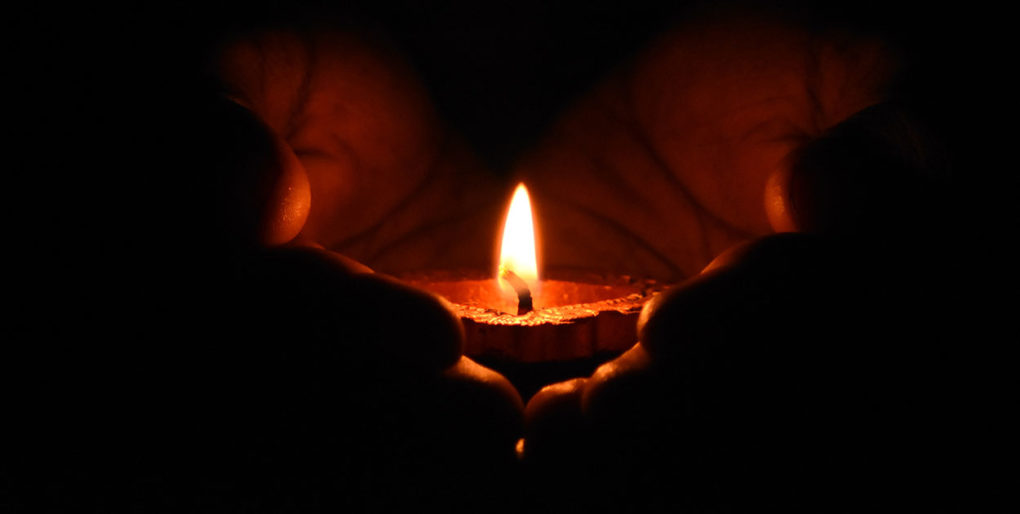The explanation for your sense of expectation is that you have an imagination. Unlike animals guided by instinct, we can imagine past and future. Advent is the time of expectation. Since Christ is not limited by time, he can be born again in our lives at every Christmas.
Expectation requires thinking about the four most important matters of existence: Death, Judgment, Heaven and Hell. These are the primary mysteries that arrest the attention of minds awake, more compelling than holiday shopping and attempts at partying before Christmas begins.
To look at death at the start of Advent is what we do on a small scale when we look at the end of anything, whether it be the end of the day or the end of some project we have been working on, or even the end of a movie or a song. The question is: Does the end of life have a purpose? C.S. Lewis answered that in a typically lucid way: “It may be hard for an egg to turn into a bird: it would be a jolly sight harder for a bird to learn to fly while remaining an egg. We are like eggs at present. And you cannot go on indefinitely being just an ordinary, decent egg. We must be hatched or go bad.”
Along with the sense of expectation is the intuition that what is expected is more vital than what we now have. On the day after Christmas in 1941, Winston Churchill stood before the joint houses of Congress and spoke of “. . . my life, which is already long, and has not been entirely uneventful.” Then a full twenty-four years later, his dying words were: “I’m bored with it all.” That was really wonderful because, though skeptical about the Gospel, he knew that things as they are, are not enough. He was a bit like Benjamin Franklin who, while far from an orthodox Christian, playfully wrote his own epitaph as a printer, comparing himself to a worn old book: “For it will, as he believ’d, appear once more, In a new and more perfect Edition, Corrected and amended, By the Author.”
About the Author: Father Rutler
Father Rutler is a priest of the Archdiocese of New York. He has made documentary films in the United States and England, contributes to numerous scholarly and popular journals and has published twenty-one books on theology, history, cultural issues, and the lives of the saints. This article first appeared on fathergeorgerutler.podbean.com and is published here with the kind
permission of the author.

